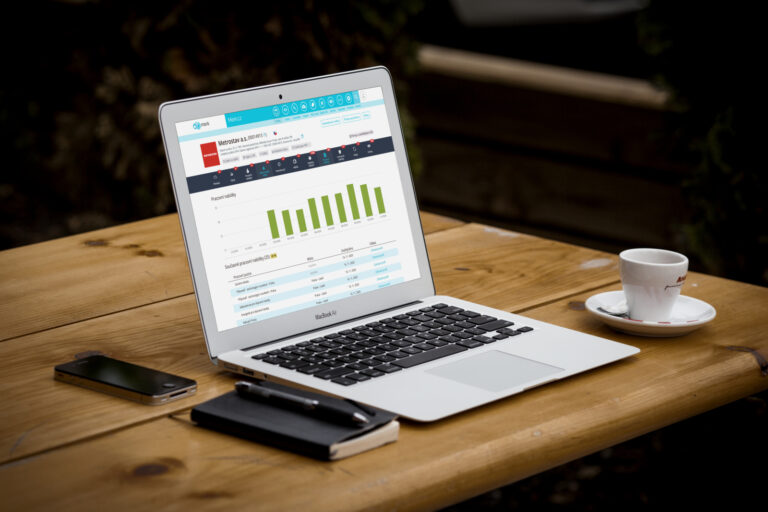Three B2B Sales Trends in 2021
B2B sales have been going through many changes. The way companies sell and interact with customers is beginning to differ radically from the B2B practices used in the early 21st century and during the early days of digital engagement.
More than ever, the prospective clients are looking for personalised experiences. B2B marketing is starting to look more like B2C marketing, and digital technologies allow interactions with potential customers throughout their journey. All this is changing B2B Sales, and the global pandemic has accelerated the transformation in many ways.
1. Increase in the use of Sales Intelligence Technology
The technology has brought significant changes into well-established B2B sales cycles. The sales toolkit now includes a large number of sales intelligence applications and other tools to help sales teams identify, track, analyze, and interact with existing and potential clients. Sellers can now predict and respond to the requirements of each potential customer and remain relevant throughout the sales process.
At the heart of this change is data and automation. Two ingredients that allow you to perform data analysis and predict at an unprecedented level, leading to better segmentation, better targeting and better communication.
There is an inexhaustible number of B2B sales tools on the market, so it is very important to choose the one that is right for your type of business and be able to handle it effectively.
Salesforce conducted a survey of more than 3,000 professional sales professionals and released an article 26 Sales Statistics That Prove That Sales Is Changing with some interesting insights:
- Data analysis
Two-thirds of sales teams now prioritize leads based on data analysis rather than on feelings. - Personalization
High-performance sales teams focus heavily on personalizing sales processes. - Wider and connected view
81% of sales representatives believe that it is necessary to have a broad and connected view of the data throughout the customer’s journey. - Data based insights
High-performance sales teams base their sales forecasts on data-driven insights.

2. Personalisation at the core of B2B sales
Today, potential buyers are becoming experts in searching online for information about the products and services they are looking for. The impersonal and general sales scripts therefore no longer appeal to them.
B2C brands have been offering potential customers a personalized business experience for some time. Nowadays, potential B2B sales customers expect the same. So what exactly needs to be adapted in B2B sales? Literally everything in the overall shopping experience, from communication channels and style to provided insights and information.
The main difference between personalizing B2B and B2C sales is that in the case of B2B sales, your potential customers will not be impressed with souvenirs branded with their names or birthday wishes sent by mail. B2B personalization is about helping potential customers change direction in order to improve performance. The insights you communicate to them and their communication must be well timed, regular, and derived from previous interactions
Customers are now looking for personalized communication with vendors and expect their sales professionals to learn, understand and anticipate their needs – as personal consultants. Technology can now give sales teams a competitive edge when engaging with potential customers. However, in the end, it will be the interaction with a trusted advisor that will help conclude the agreement.
3. Need for better trained and continuously coached salespeople
In 2021, B2B sales still needs human intelligence and emotion to deliver sales. But salespeople need to up their game to deliver what technology cannot. That is where sales coaching plays a crucial role as sales is a constant improvement process.
Let’s look at email sales automation, for example. Nowadays, lead generation and email marketing platforms allow us to send thousands of emails at once. But without a thorough selection of prospect groups and a personalised communication based on the specific needs and challenges of each group, using these tools can turn against you and damage your brand’s reputation.
If there are any weak points in your sales processes, technology could only multiply them. To prevent this, successful sales organizations invest more in training and coaching, making the novice vendor a trusted advisor to their potential customers.
The vast majority of B2B salespeople today receive very little or no sales training and lack even the most basic skills from communication to sales tactics. And it turns out that salespeople, who are continuously trained, achieve on average at least 50% better results.
Modern sales coaching helps to develop another important trend, which is cooperation. While in the past a “lone” sales wolf could “eat what he killed” himself, today 77% of salespeople say that selling in collaboration with other departments is important. Sales collaboration combines sales, marketing, customer support, product and many other departments, while technology enables effective process interconnection and data display throughout the customer’s journey.
 Imper
Imper